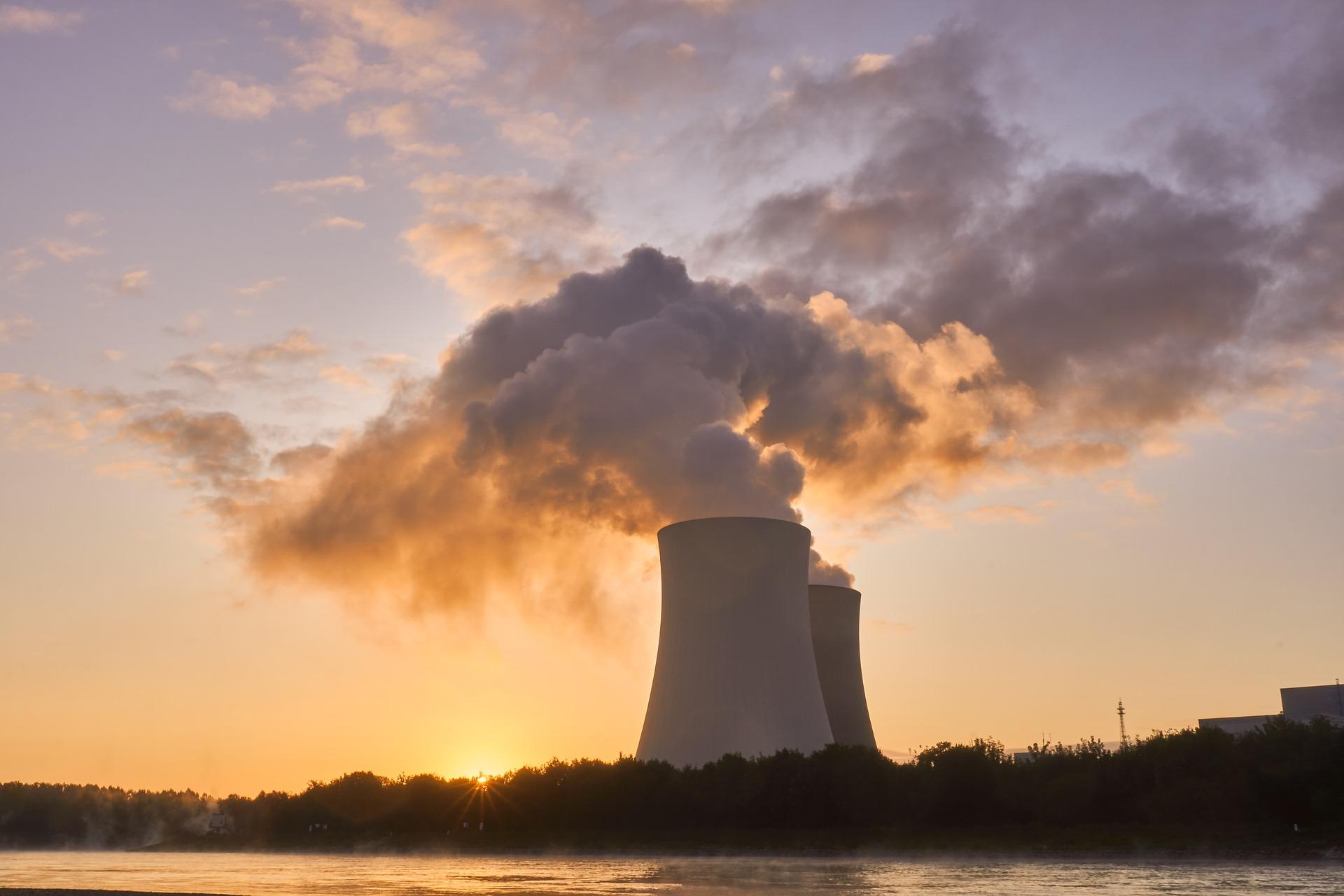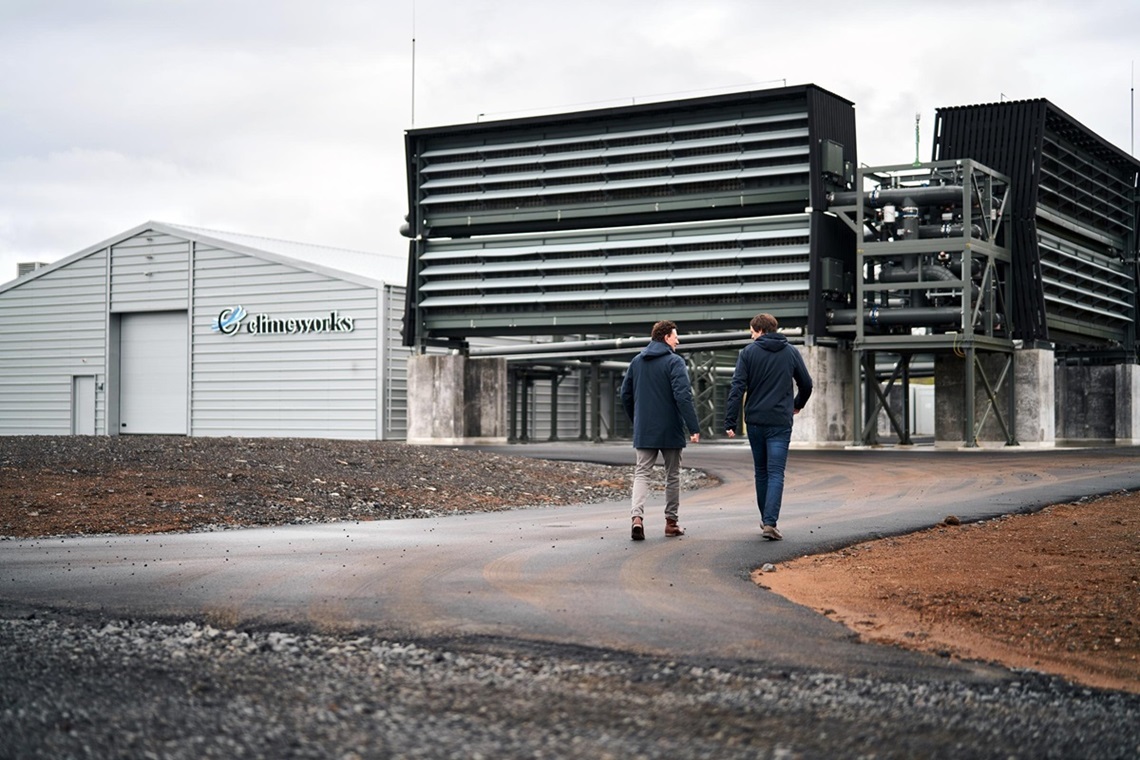Is Nuclear Energy Green? EU Still to Decide
As the world endeavors to find sustainable alternatives to carbon-emitting fuels, one potential source of non-fossil fuel-based energy is proving particularly controversial. Nuclear power can provide abundant amounts of energy, significantly easing the transition towards net zero carbon economy envisioned by the Paris Agreement. It is unclear, however, whether nuclear energy can be considered a sustainable source of power, considering the many well-known issues surrounding its use, including radioactive waste management issues, uranium mining concerns, and the potential for catastrophic accidents, among others. The classification of nuclear energy is becoming increasingly relevant as the EU is developing its Taxonomy Regulation to determine which activities can be considered as sustainable investment, which will have broad regulatory, financial and operational consequences over the coming years.
In a question submitted to the European Parliament in April, Member of European Parliament Joëlle Mélin asked for clarification on the nuclear issue, asking:
“The group of technical experts on sustainable finance provided the Commission with its report on the list of activities to be considered green for the Union to meet its climate objectives. While it has decided on more than 70 sectors of activity, which alone account for more than 93% of the EU’s carbon dioxide (CO2) emissions, the Group considers that nuclear energy should be dealt with by a group with extensive technical expertise. One member of the Group considers that it is up to the European Commission to decide. In fact, although the Group’s experts argue that the potential role of nuclear energy in the low carbon energy supply is well documented, they are nevertheless concerned about the significant harm it could cause to other environmental objectives, including the circular economy and waste management, biodiversity, water systems and pollution.
However, if we look at the EU’s targets for decarbonisation and CO2 emissions reduction, they will be unachievable without nuclear energy.
Can the Commission therefore say what it is planning to do following the submission of this advisory opinion and whether it wants to include nuclear energy in the green taxonomy or exclude it?”
In its response this week, however, the European Commission disclosed that nuclear’s place in the new taxonomy remains undecided, despite its potential contribution to emission reductions. According to the European Commission response:
“In its report published in March 2020 the Technical Expert Group on Sustainable Finance (TEG) stated that “evidence on the potential substantial contribution of nuclear energy to climate mitigation objectives was extensive and clear. The potential role of nuclear energy in low carbon energy supply is well documented”.
The TEG could, however, not conclude that the nuclear energy value chain does not cause significant harm to the other five environmental objectives, in the absence of sufficient expertise in the group. It therefore recommended that further technical assessment by experts with in-depth technical expertise be undertaken concerning the existing and potential impact of nuclear energy on the other environmental objectives.
The Commission is currently considering the best approach and process to address the inclusion or not of nuclear energy in the taxonomy for climate mitigation which should be based on an objective and science-based assessment as recommended by the TEG.”





